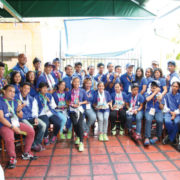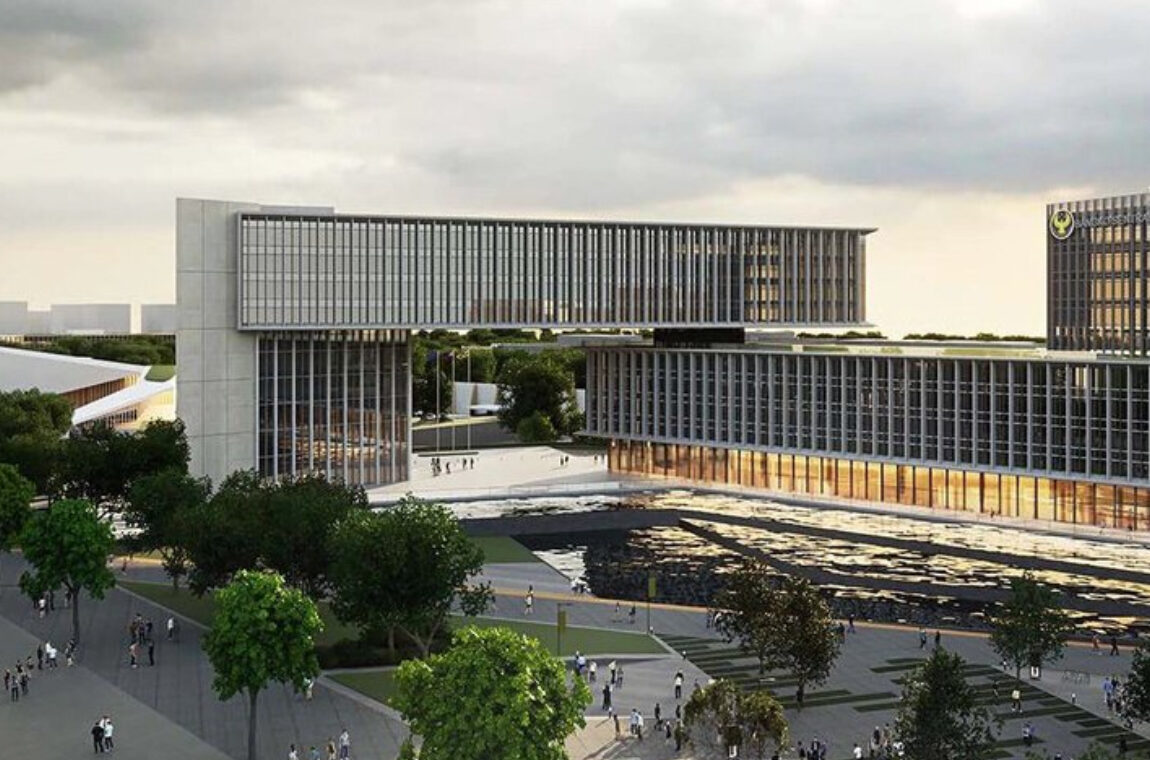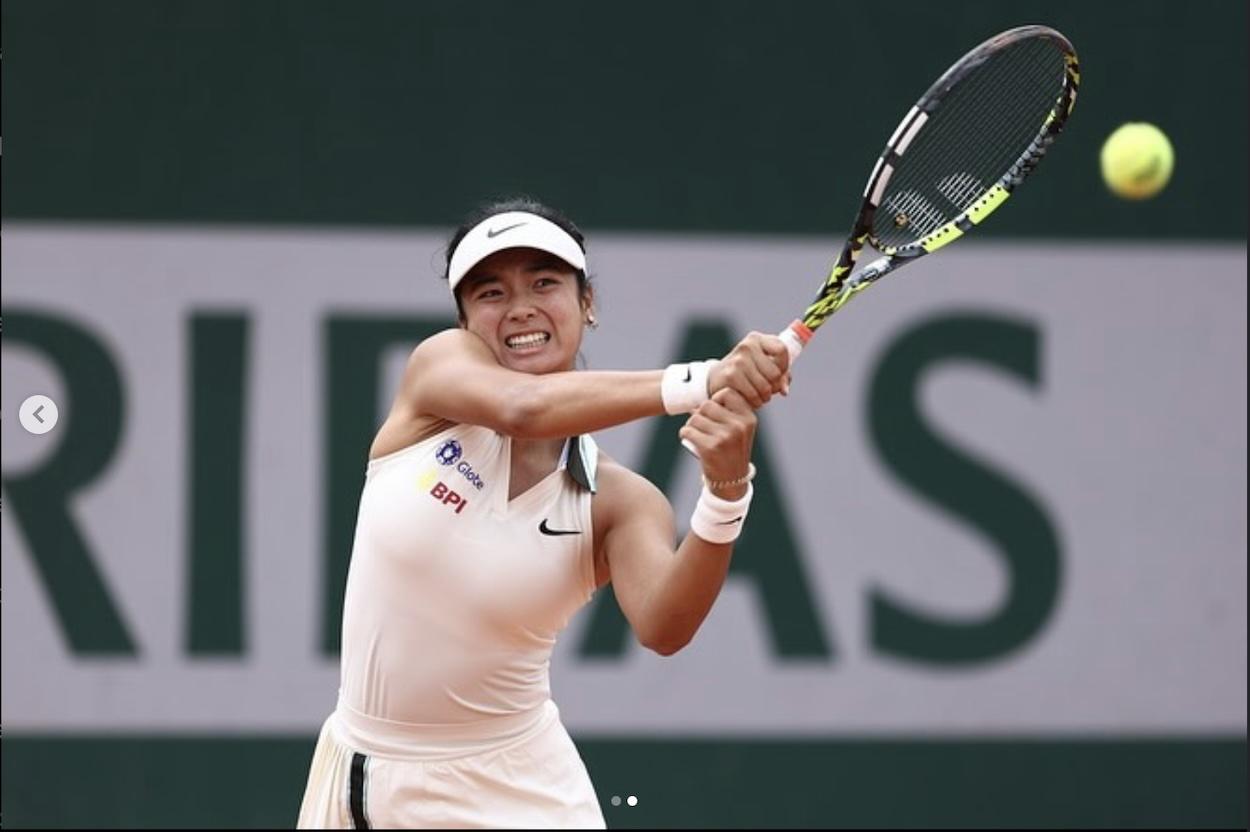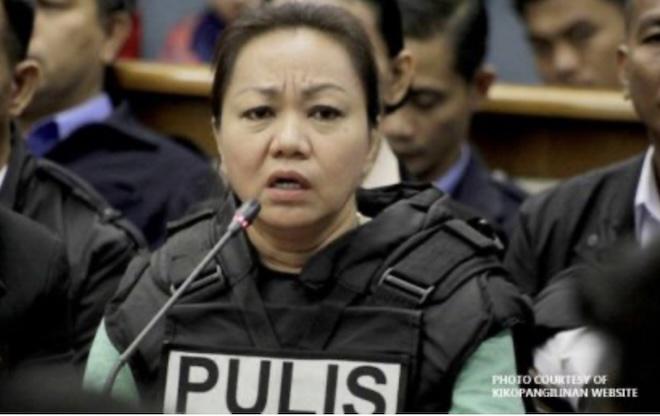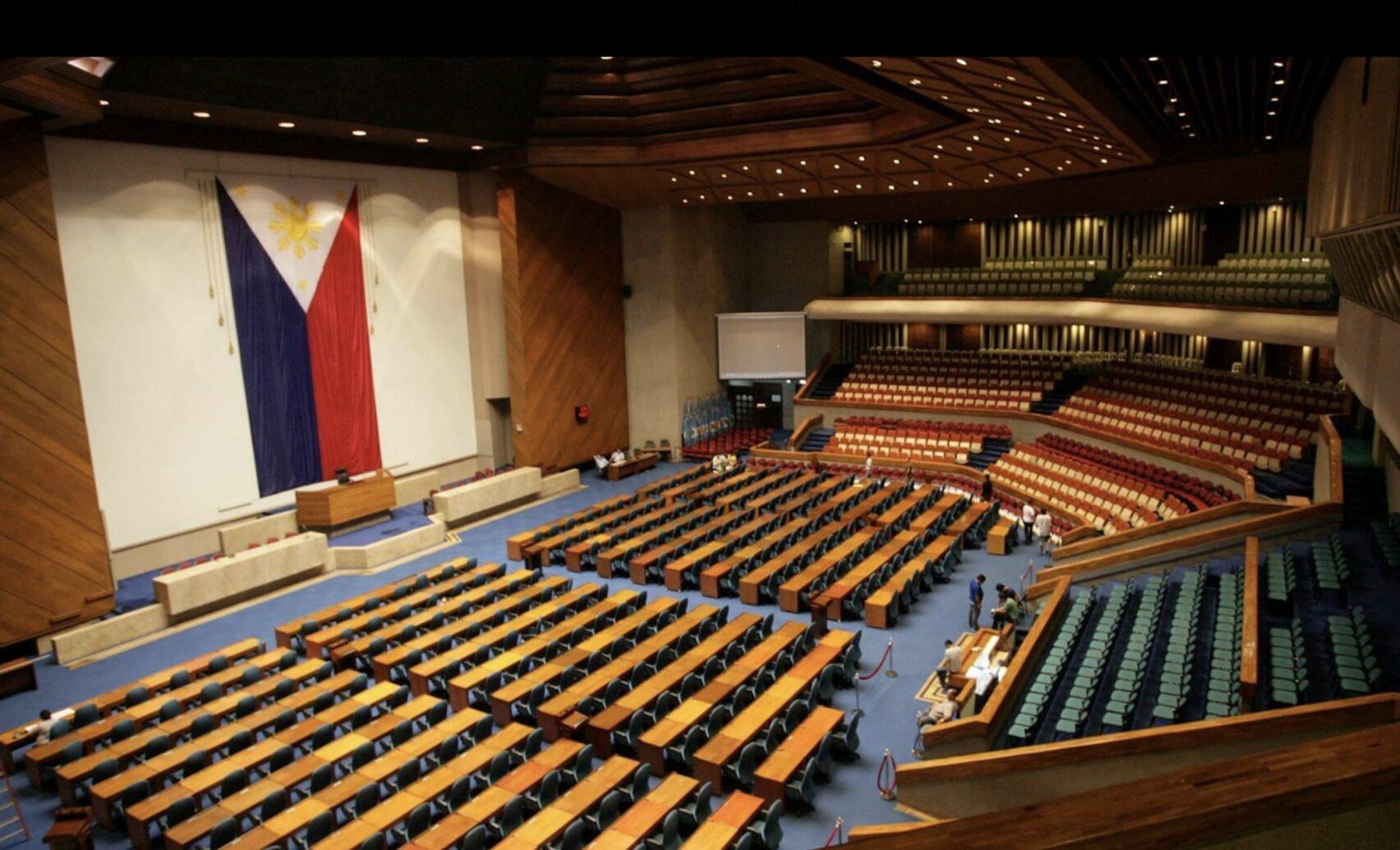AFTER a week of competition against more than 6,000 athletes from 165 countries, the 35 athletes representing the Philippines claimed 59 medals during the 2015 Special Olympics World Games in Los Angeles.
From July 26 to Aug. 1, the Philippines competed in seven categories – aquatics, athletics (track and field), badminton, bowling, gymnastics, powerlifting and unified football – at facilities at UCLA, the University of Southern California and the Los Angeles Convention Center. At the end of the games, the team had won 21 gold, 14 silver and 24 bronze medals.
The fact that the number of Philippine wins exceeded the number of athletes wasn’t a surprise for Kaye Samson, assistant head of the delegation.
“Every time we go to the World Games we always win more medals than the actual persons [on the team]. Always,” she told the Asian Journal.
But the one thing stood out this year stood out this year, Samson said, is that the Philippines took home more gold medals.
“And we’re very happy because those who won gold medals, some of them are first timers to the World Games,” she said.
At the close of the games, Philippine athletes wore smiles to accompany the medals hanging around their necks, while coaches expressed satisfaction with the performance of their teams. Among them was Edvin Cabrera, aquatics head coach and a teacher at SPED Integrated School for Exceptional Children in Iloilo City. The four swimmers on her team won four gold and medals and one bronze.
Athletics coach Christian Doroin said his team performed “pretty well,” receiving a mix of gold, silver and bronze medals.
“We’re just really happy everyone was able to compete and did their best,” he said.
More than medals
While the Philippines won a number of awards, Samson said the athletes’ victories extended beyond the tangible recognition.
“Just by looking at them smiling, very happy, you can see those who were quiet before are now becoming outgoing. And they’re saying that, ‘Yeah when we go back, our parents will be proud,’ or, ‘Our classmates won’t bully us anymore,’” Samson said. “So it’s really not just the sports that they won, it’s not the medals, but the experience that helped them grow. In just two weeks, they’ve changed.”
Cabrera specifically pointed out how athletics athlete Aira Aguado transformed into a more social person by the end of the World Games.
“Nag iba talaga. Kasi itong si Aira, parang walang self-confidence. Very introverted [siya], hindi nakikipagusap [sa iba]. Ngayon masayahin na siya, nakiki-pagkaibigan (She really changed. Aira seemed like she didn’t have self-confidence. She’s very introverted, she didn’t talk to others. Now, she’s happy and goes out to make friends),” Cabrera said.
At the World Games, a medical festival that provides free health exams for the athletes resulted in further wins for the Philippines. For instance, the delegation learned through the festival that rhythmic gymnast Jovelyn Gacayan – who won five gold medals, one silver and one bronze – was blind in one eye and deaf in one ear. It was also found that the extent of aquatics athlete Ronnin Talaboc’s hearing impairment was profound.
In less than an hour, Samson said Talaboc was provided hearing aids.
“When he tested it, he was so surprised. I saw that big smile on his face when the doctor put the aid on him. It’s things like that you can only see in Special Olympics,” she said.
A number of Philippine athletes also received prescription glasses through the Special Olympics.
“Many of [these athletes] cannot communicate verbally. A lot of them cannot express what they feel, so through the specialized program for the athletes, they’re able to detect if they have [any health problems],” Samson said.
The 2015 World Games also marked the first time for most Philippine athletes to attend an international event, visit the United States and experience air travel.
“It’s very exciting to be able to ride the airplane for the first time, go to America, meet the whole world and then win medals,” Samson said.
What’s in store
The majority of the Philippine delegation flew back to the country on Monday, Aug. 3, also taking home valuable lessons that team leaders plan on implementing for upcoming Special Olympics.
In 2017, Austria will host the Special Olympics World Winter Games. However, the Philippines will not be participating as it does not have any winter sports. Looking ahead, Samson said the Philippines would like to participate in indoor events, such as floor hockey or figure skating. She added that she learned other countries without winters practice skiing in the sand, something the Philippines may be able to do.
Delia Ortega, head of the delegation, said the team also learned it needs to discipline the athletes better.
“The most challenging [part this year] was motivating them to be more serious with the games,” she said. “Hindi sila masyadong serioso kasi marami pa ang bago. Bago to the sport, bago to the World Games (They weren’t too serious because many of them are new. New to the sport, new to the World Games).”
Additionally, Ortega and Samson want to focus on professional coach training.
“We need high-caliber coaches because Special Olympics is now raising the standards of sports programming because we believe they can do it. It’s not just for fun. They’re real athletes,” Samson said.
Although the team’s coaches are certified, Samson said there is a difference when a coach is, for instance, from the NBA. The team has approached professionals, but they have asked for fees that the team cannot afford due to a lack of funding.
“We really need to zoom into sports-specific training because in the Philippines, we lack coaches. That’s why we go into multisports,” Samson said.
Coaches on the Philippines Special Olympics team donate their time with no pay, and are hoping for future support from corporations and governments.
But even without such aid, Philippine volunteers invest in the World Games for the betterment of the athletes.
“Yung pagsali ko sa Special Olympics as a volunteer, talagang passion ko ito, yung sports for these kids. You know they can’t excel academically, so itong sports [ang] parang mag boo-boost ng ego, ng self-confidence [nila] (My participation in Special Olympics as a volunteer, it’s really my passion, the sports for these kids. You know they can’t excel academically, so these sports are what boost their ego and self-confidence),” Cabrera said.
Witnessing athletes transformation into improved versions of themselves also makes volunteering time well-spent.
“Our athletes change right before our eyes every day in training, in competition. Just to see them develop in sports, in their other skills, like social skills and cognitive skills, it’s very rewarding. Nothing will really compare to that experience. No money, no salary will ever compare to that,” Samson said.


